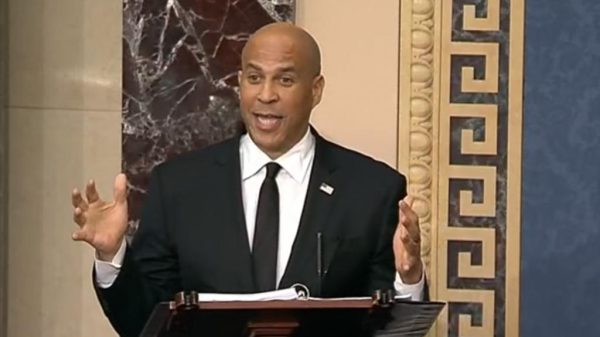Austrian Grandmaster Felix Blohberger has recently sparked a significant conversation about the financial hardships many chess players face in Europe, especially those not ranked among the top 30 players in the world. In a candid YouTube video titled “Being a Chess Professional (in Europe) sucks,” he highlights how difficult it has become for these athletes to sustain themselves solely through chess. While chess is a popular game, it seems the professional scene in Europe is hitting some tough times.
Stagnant Prize Money a Major Concern
Blohberger points to stagnant tournament prize money as a key factor contributing to the struggles of European players. While top-tier tournaments may offer substantial rewards, players ranked lower than the elite often struggle to find tournaments that provide sufficient financial support. This has made it increasingly hard for talented players, who dedicate years to the game, to make ends meet.
Disparity in Support Between Continents
Further complicating the situation is the disparity between European chess funding and that provided to players in Asia. Blohberger emphasizes how Asian players often receive generous support from their governments, especially after achieving significant milestones, like winning the Chess Olympiad. In contrast, many European players feel a lack of recognition and backing, which exacerbates their financial challenges.
Seeking Improvements for Chess Professionals
Blohberger’s video aims to encourage a constructive dialogue about the need for better support and conditions for chess players in Europe. He believes that in order to keep professional chess alive, especially for those outside the top 30, changes must be made. Players should not have to settle for less just because of their ranking. He calls for increased sponsorship opportunities and more substantial prize funds to help level the playing field.
The High Cost of Living in Europe
Adding to the challenging conditions for chess professionals is the high cost of living in many European countries. While players train hard and participate in tournaments, they often have to juggle additional jobs to pay their bills. This necessity can take away from the time they could spend improving their game or competing at higher levels.
Initiating Change in the Chess World
As Blohberger shares his insights through social media and other platforms, a movement begins to take shape. Various chess organizations may take notice of the concerns raised by players like him, possibly leading to initiatives aimed at reforming the financial landscape of professional chess. By shining a light on these issues, Blohberger hopes to inspire others in the community to voice their experiences and advocate for necessary changes.
Conclusion: The Future of European Chess
The future of professional chess in Europe hangs in a delicate balance. The commitment from players to improve their situation could bring about vital changes. Rather than allowing the sport to dwindle, a stronger community effort and understanding the challenges facing chess professionals could lead to a brighter future where all players, regardless of rank, can thrive in their passion for the game.








































